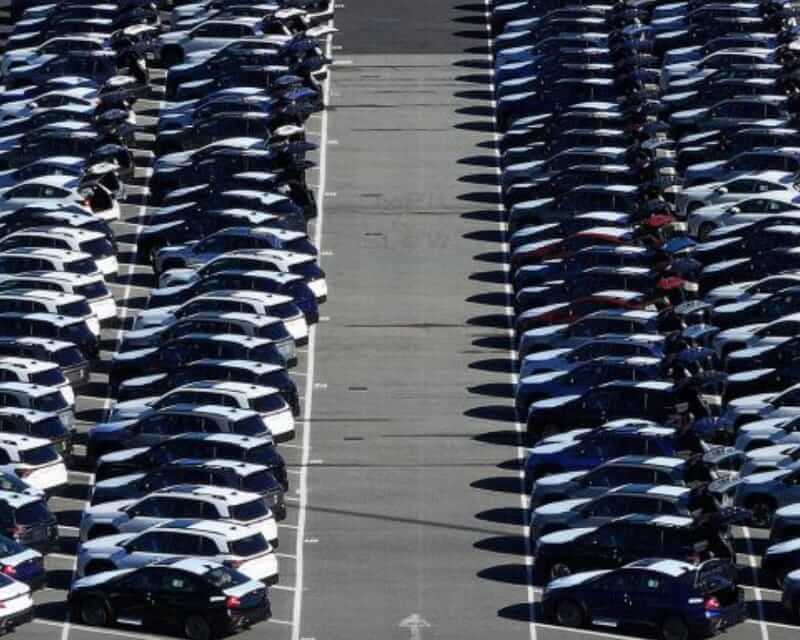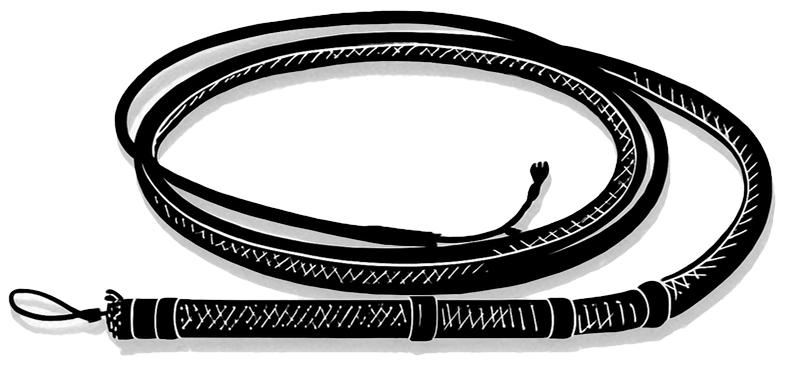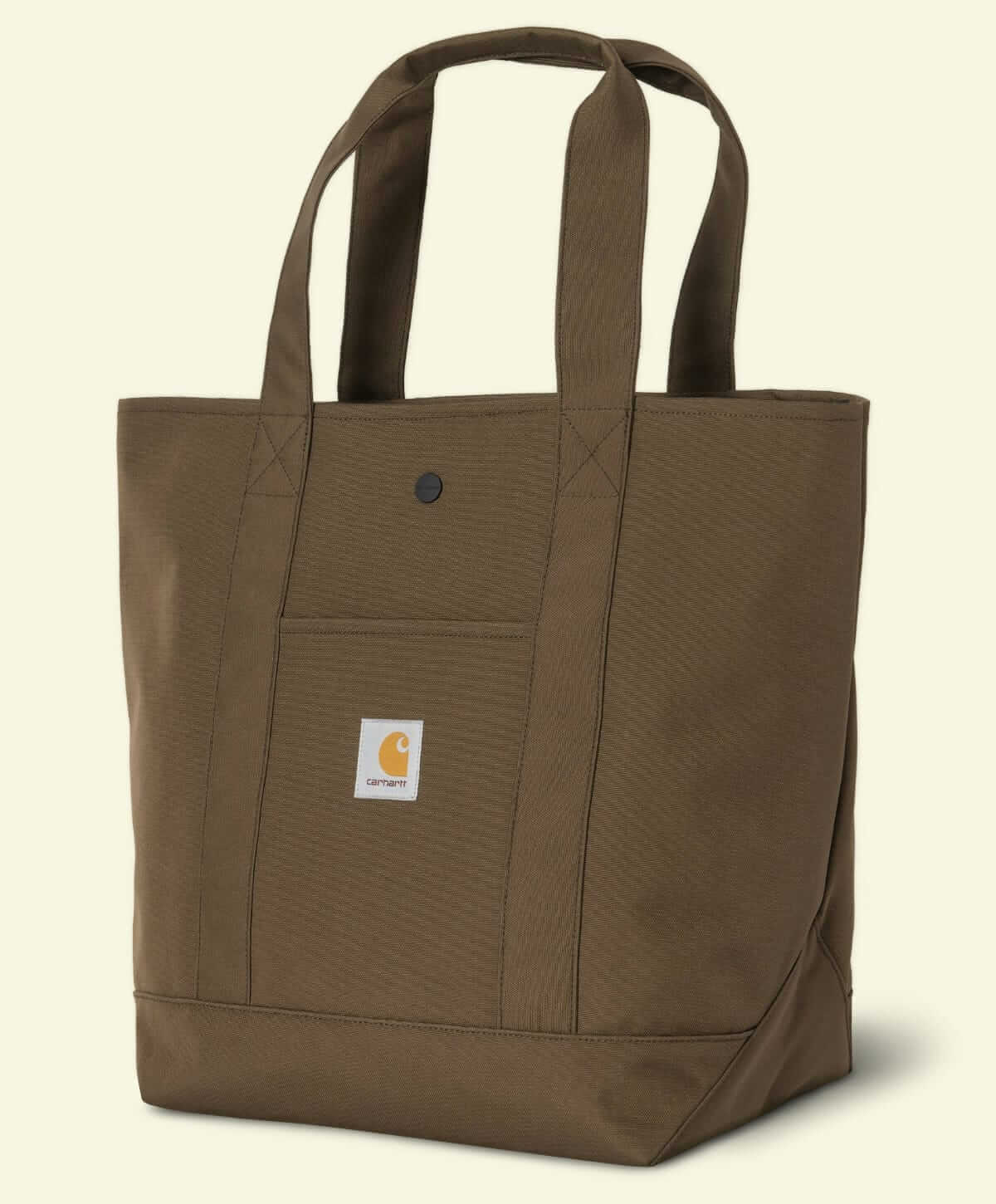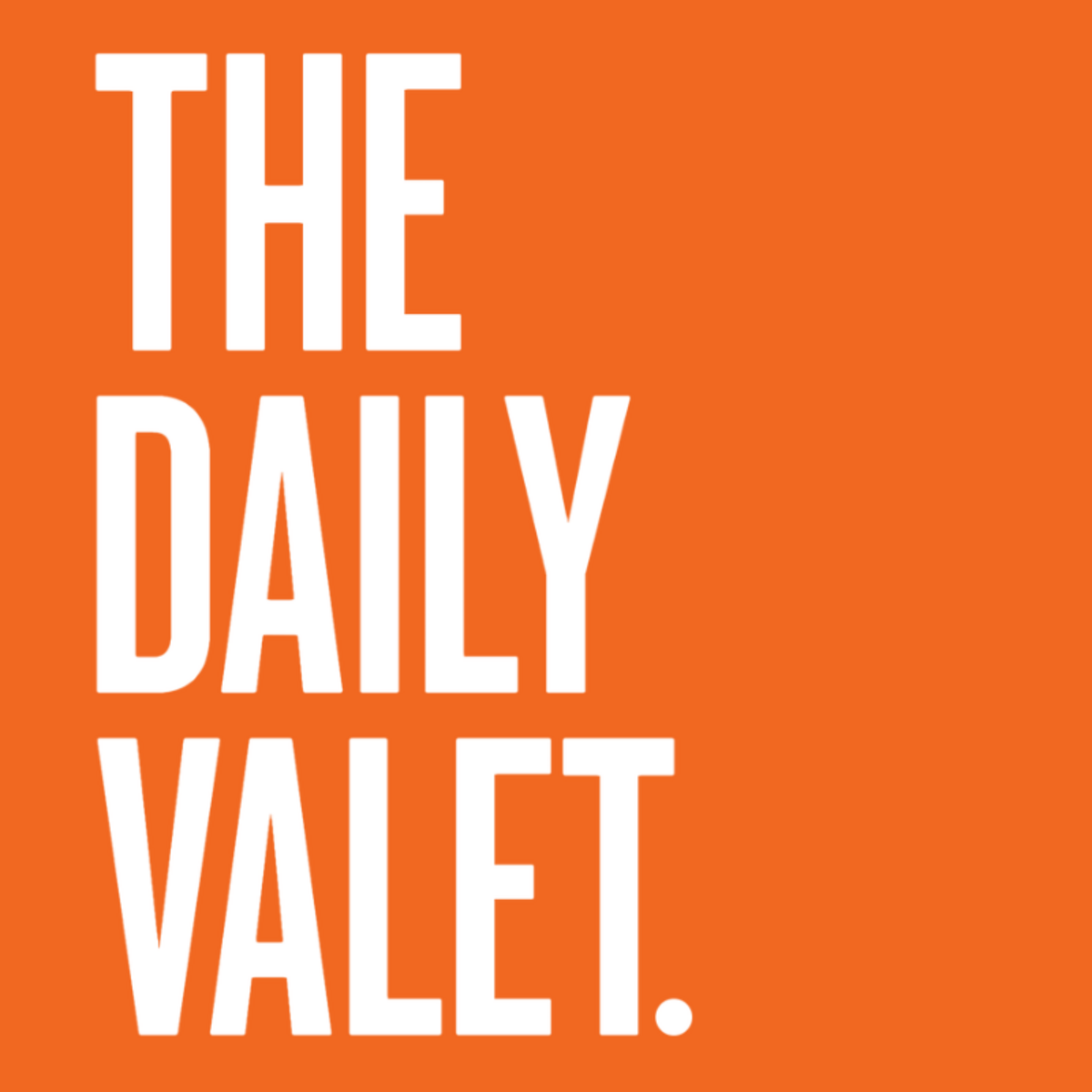Wednesday, July 23rd Edition |

|
By Cory Ohlendorf, Valet. EditorI've heard of a lot of different dupes, but never thought we'd have dupes of vacation spots. |
Today’s Big Story
Dupe Overload
Who owns what in an era of dupes and unprecedented mass consumption?

Are dupes dangerous? That might depend. If you give into the temptation of buying a convincing knock-off, there’s all sorts of unknowns to consider. The quality isn’t ever as good as the original, so you could be wasting your money. Perhaps someone will clock your Lububu knock-off and make fun of you for posing. Maybe that grooming product dupe has dangerous chemicals in it …
But there’s no escaping it. We’re living in peak dupe times. Getting copied is devastating for a creator—but not necessarily illegal. And they’re seemingly everywhere. The Verge reports that copycats are popping up constantly on Amazon, eBay, AliExpress, TikTok Shop, DHGate, Temu, Shein, and countless other fly-by-night storefronts. The items are sold and will seemingly disappear as quickly as they popped up.
Dupes for popular, covetable products are nothing new: for hundreds of years, people have meticulously copied other artists’ work, from forged ancient Chinese art, to licensed replicas of designer ballgowns in the 1940s, to knockoff phone chargers meant to mimic Apple aesthetics. The internet has helped dupes spread like wildfire, so much so that even relatively niche and unknown products—in fashion, home goods, makeup, and tech—likely have a doppelgänger floating around out there. It has never been faster or easier to make and sell a copy of something. What was once relegated to Canal Street is now an industry in and of itself. Some companies seem to operate with the express purpose of copying popular (or even niche) consumer products. And for American shoppers already accustomed to inexpensive products, finding the same thing for less is second nature. Now they want dupes from fashion and furniture to even vacation destinations.
In 2019, the sale of counterfeit goods accounted for 2.5 percent of world trade, worth a total of $464 billion. On Reddit, there is a robust subculture of dupe hunters. The counterfeits they seek not only democratized access to designer bags but also were symbols of resistance against the apparent greed of companies like Chanel and LVMH, which over the past six years have vastly increased prices while scoring growing profits. And now, even a dupe can become a status symbol. A faux Birkin bag, sold on Walmart’s website and lovingly dubbed a “Wirkin”, became a must-have for a certain stylish set of extremely online people … before it went away, too.
But that’s the churn: Content begets more content, a cycle of someone making a video about a dupe, someone else watching it, buying the same dupe, and recording their own review. Dupe enthusiasts lean on the same rhetoric that the internet is built on: that wider accessibility is a democratizing force. But The Verge’s Mia Sato says “unlike democratizing the media industry through citizen journalism, or learning video editing via YouTube tutorials, a dupe begins by picking up an existing work or idea. A dupe is valuable precisely because of the value of the original, and without it, the dupe is just another tube of lip gloss.” For some consumers, dupes are proof that the original is overpriced and taking advantage of the consumer. If a company can make a dupe that’s $10 less, the originator must be ripping us off, the thinking goes. The creative work of making something new in the first place is worthless, reduced to a game of who can do it cheaper.
“[The thinking is] a little bit of an ‘I deserve it,’” Alexandra J. Roberts, a professor at Northeastern University School of Law who has written about the dupes market, says. “‘It’s not my fault the economy is the way it is, and if I want nice things, I should be able to get them and get them cheap.’”
FYI: |
Marketing a product as a dupe has a powerful effect: descriptions like ‘alternative’ or ‘imitation’ just don’t have the same pull. |
Trump Pulls Out of UNESCO (Again)
It was the latest move by the White House to cut ties with international organization
The United States government said Tuesday it would withdraw from UNESCO, the United Nations cultural agency, the latest move by the White House to cut ties with international organizations. “President Donald Trump has decided to withdraw from UNESCO—which supports woke, divisive cultural and social causes that are totally out-of-step with the commonsense policies that Americans voted for in November,” White House Deputy Spokesperson Anna Kelly told Fox News. “This president will always put America First and ensure our country’s membership in all international organizations aligns with our national interests.”
The decision comes just two years after the United States rejoined the organization and will take effect at the end of 2026. It’s a repeat of steps taken during his first term—Trump has already pulled the United States out of the World Health Organization and the United Nations Human Rights Council. However, the New York Times points out that relations between the U.S. and UNESCO have been rocky for years. The Obama administration cut funding after UNESCO voted to include Palestine as a full member in 2011, and then Trump pulled out completely during his first term. But in 2023, the Biden administration announced it would rejoin and start gradually paying back more than $600 million in arrears.
The Paris-based UN agency was set up in November 1945—shortly after World War II—to promote peace and security through global co-operation in education, arts, sciences and culture. It currently has 194 member states around the world, and is best known for listing world heritage sites. According to the BBC, the agency had been preparing for Washington's move, diversifying its sources of funding. Currently, UNESCO was getting about 8% of its budget from the U.S.
Meanwhile: |
House Speaker Johnson sent lawmakers home early for the summer, denying Democrats the chance to force votes on whether to release the Epstein material. |
The Black Market for iPhone Parts
Demand in China for secondhand phones and their parts is helping fuel a surge in robberies in the U.S.
Even with everything synched to the cloud, a stolen phone is still a drag. And it seems iPhones are increasingly being stolen. Most stolen phones are quickly shipped overseas—nearly 7,000 miles away to Shenzhen, China, known as Asia's Silicon Valley.
Shenzhen has also become a booming electronics market. American researcher and hacker Andrew Haung told ABC News to think of this city “as a farmers market but for electronics.” Haung, who goes by “Bunny” has a PhD from MIT and became internationally known after he hacked the Xbox gaming console. He also wrote a book about reverse engineering and the need to identify security weaknesses in hardware and software systems. As Wirecuter points out, there are some things you can do to make it tough for thieves. But still, it happens.
A stolen phone is much more valuable when it can be wiped clean and sold as new. Such phones can fetch more than $800 on buyback sites, NBC News found, and there is no reason to ship them overseas. But for bricked phones that have essentially been rendered useless? They’re shipped to the scores of hardware technicians in China who spend their days taking apart iPhones. An Apple spokesperson said the company continues to take multiple steps to minimize the incentives for thieves to target Apple devices and help protect users’ data in the event their devices are stolen. They include a feature announced in April designed to make it harder to reuse the parts in a stolen phone.
FYI: |
In the market for a new iPhone? CNET says you should wait. |
|
Partner
The Key to a $1.3T Opportunity
Big investors are buying this “unlisted” stock
When the founder who sold his last company to Zillow for $120M starts a new venture, people notice. That’s why the same VCs behind Uber and eBay also backed Pacaso. They made $110M+ in gross profit to date. They even reserved the Nasdaq ticker PCSO. Now, you can join, too.
Paid advertisement for Pacaso’s Regulation A offering. Read the offering circular at invest.pacaso.com. Reserving a ticker symbol is not a guarantee that the company will go public. Listing on the NASDAQ is subject to approvals.
|
|||||||||






